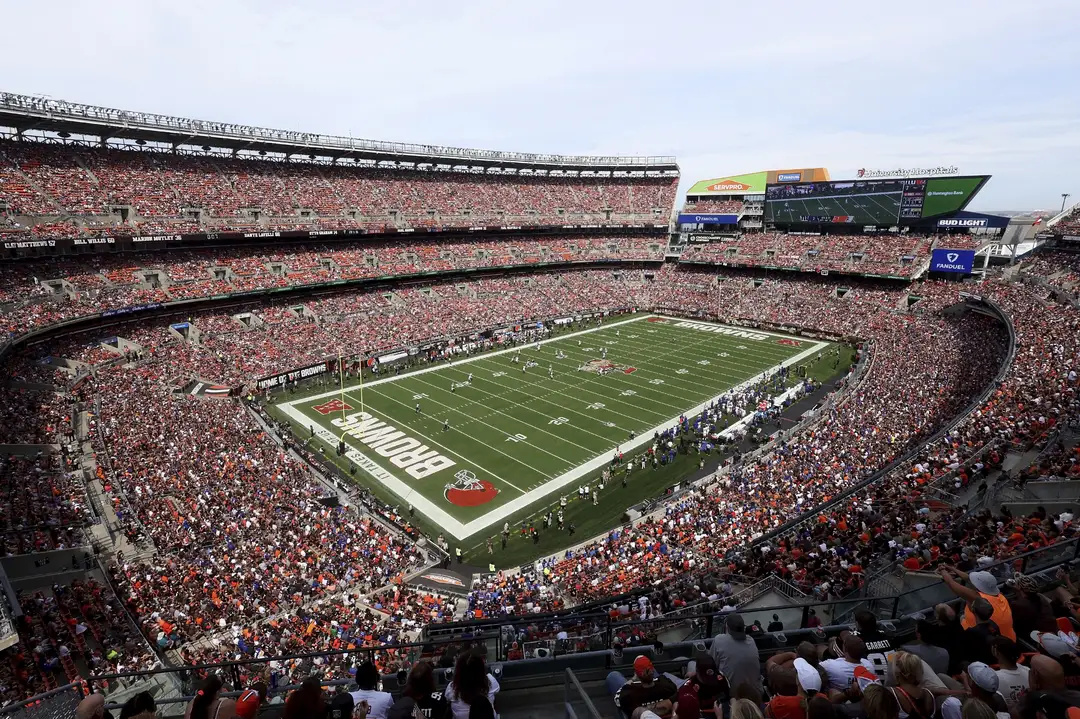The Expansion Debate: Are More Games on the Horizon?
The NFL has been steadily evolving throughout its history, and one of the most significant changes in recent years has been the expansion of the regular season from 16 to 17 games in 2021. Now, analysts and insiders suggest that the push for an 18-game season is gaining momentum, with NFL executives and team owners viewing it as an inevitable step forward.
While the move could mean more revenue for the league, it also raises concerns about player safety, scheduling logistics, and the balance of competitive fairness. NFL Commissioner Roger Goodell and NFLPA executive director Lloyd Howell have both acknowledged discussions regarding the possibility, though formal negotiations with the NFL Players Association (NFLPA) would be required before any official changes take effect.
Why the NFL Is Pushing for 18 Games
There are several key factors influencing the NFL’s potential transition to an 18-game regular season:
1. Increased Revenue and Broadcasting Deals
A longer season would mean more games for TV networks, streaming platforms, and advertisers, generating billions in additional revenue. The NFL remains one of the most lucrative sports leagues in the world, and expanding the schedule could further strengthen its broadcasting contracts with partners like ESPN, Fox Sports, and Amazon Prime Video.
2. Competitive Balance and Scheduling Adjustments
The league’s current 17-game season creates uneven scheduling, as some teams play one additional away game while others get an extra home game. Shifting to an even number of games (18) would restore balance to the scheduling structure, ensuring that every team plays an equal number of games both home and away.
3. Potential Elimination of Preseason Games
One of the most cited arguments in favor of an 18-game season is that it could lead to the reduction or elimination of preseason games. Many teams and players view preseason games as unnecessary, as starters often play limited snaps while coaches prioritize evaluations over competitive play. If the regular season expands, teams may cut preseason down to two games, ensuring more meaningful matchups while maintaining player readiness.
Concerns Over Player Health and Safety
While an 18-game season might seem inevitable, player health and workload management remain major points of contention. Since the shift to 17 games, teams have experienced an increase in player injuries, particularly among quarterbacks and key starters.
The NFLPA has consistently advocated for player well-being, arguing that extending the season without improved rest periods could lead to heightened injury risks and shorten careers. Some potential solutions include:
- Adding a second bye week to allow players more recovery time.
- Expanding roster sizes to allow teams greater flexibility in managing injuries.
- Enhancing player safety protocols to reduce long-term health impacts.
Fan and Player Reactions
Opinions on an 18-game season remain divided. While some fans support the idea of more football action, others worry that quality of play may diminish if players experience more fatigue and injuries.
Players themselves have voiced concerns, with veterans like J.J. Watt previously stating that additional games could lead to shorter careers and greater physical tolls. Conversely, young players looking for bigger contracts and endorsement opportunities may favor a longer season to boost stats and visibility.
Looking Ahead: When Could the Change Happen?
For an 18-game season to become reality, collective bargaining negotiations between the NFL and the NFLPA would be required. The current labor agreement runs through 2030, meaning any adjustments would require early renegotiation or be implemented in the next agreement.As discussions continue, analysts believe that the transition to an expanded season is only a matter of time, especially with league executives seeing it as a financial and competitive advantage. Whether the move enhances the league or creates new challenges remains to be seen.







